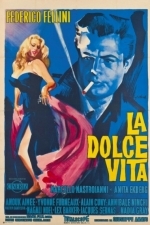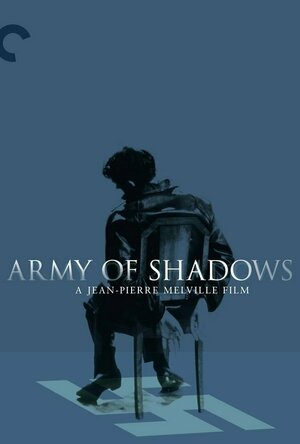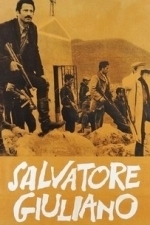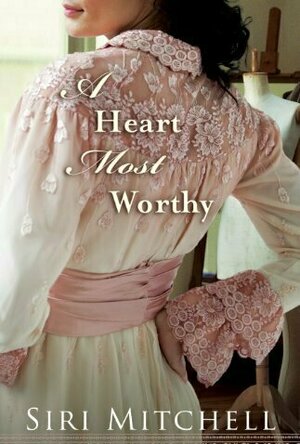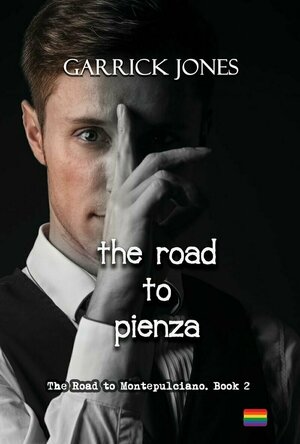
The Road to Pienza (The Road To Montepulciano #2)
Book
The action-packed sequel to the best-selling thriller, The Road to Montepulciano On the night of...
Historical Crime Thriller Political Action
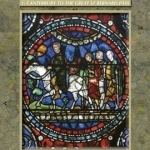
The Via Francigena Canterbury to Rome: Canterbury to the Great St Bernard Pass: Part 1:
Book
This comprehensive guidebook covers the first half of the Via Francigena - a 1900km pilgrim route...
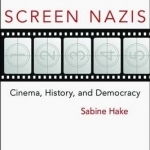
Screen Nazis: Cinema, History, and Democracy
Book
From the late 1930s to the early twenty-first century, European and American filmmakers have...
Olivier Assayas recommended La Dolce Vita (1960) in Movies (curated)
Olivier Assayas recommended Army of Shadows (L'Armée des ombres) (1969) in Movies (curated)
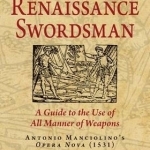
The Complete Renaissance Swordsman: Antonio Manciolino's Opera Nova (1531)
Book
Dating from the 1520's, Bolognese swordsmaster's Antonio Manciolino's Opera Nova is the earliest...
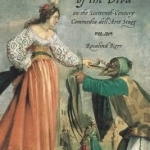
The Rise of the Diva on the Sixteenth-Century Commedia dell'Arte Stage
Book
The Rise of the Diva on the Sixteenth-Century Commedia dell'Arte Stage examines the emergence of the...
Martin Scorsese recommended Salvatore Giuliano (1962) in Movies (curated)
Rachel King (13 KP) rated A Heart Most Worthy in Books
Feb 11, 2019
One of the first thoughts that occurred to me when I began the book was how little the three girls and their separate subplots had in common. The characters do not seem to intersect at all, and all three girls are very different from one another, with the exception of the dress shop. It felt almost like three different stories that the author took turns telling. As the book progresses, that proves to be incorrect, as the different characters intersect in the most unusual ways, such as one of girl's love interest driving the delivery truck for the shop where another girl's love interest works. This aspect of the book became the most interesting for me, since Mitchell does not make a big deal of pointing out where the connections are, and I enjoyed tracking them.
The owner of the dress shop, Madame Fortier, had her own subplot as well, but I was a bit dissatisfied with how hers played out, since very little about her circumstances changed - even though it was this that made her unhappy in the first place.
All three girls were very likable for her own reasons, though each one's subplot ended somewhat differently. Luciana seemed to get the best deal of the three girls, though all were very happy by the end. Annamaria's ending was bittersweet, but it gave the reality of the Spanish Influenza more impact. I did not like Julietta overly much in the beginning, but the lessons she learned made me like her that much more by the end.
Overall, the book was at times intriguing, romantic, suspenseful, and even frustrating, but it was definitely worth the read.
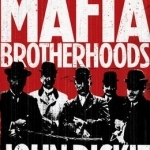
Mafia Brotherhoods: Camorra, Mafia, 'ndrangheta: the Rise of the Honoured Societies
Book
MAFIA BROTHERHOODS (previously published as BLOOD BROTHERHOODS) is the enthralling new history of...
